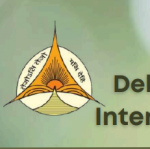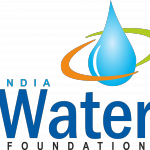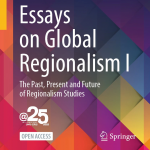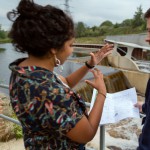UNU-CRIS Contributes to Discussion on Gender Equality in the Water Sector
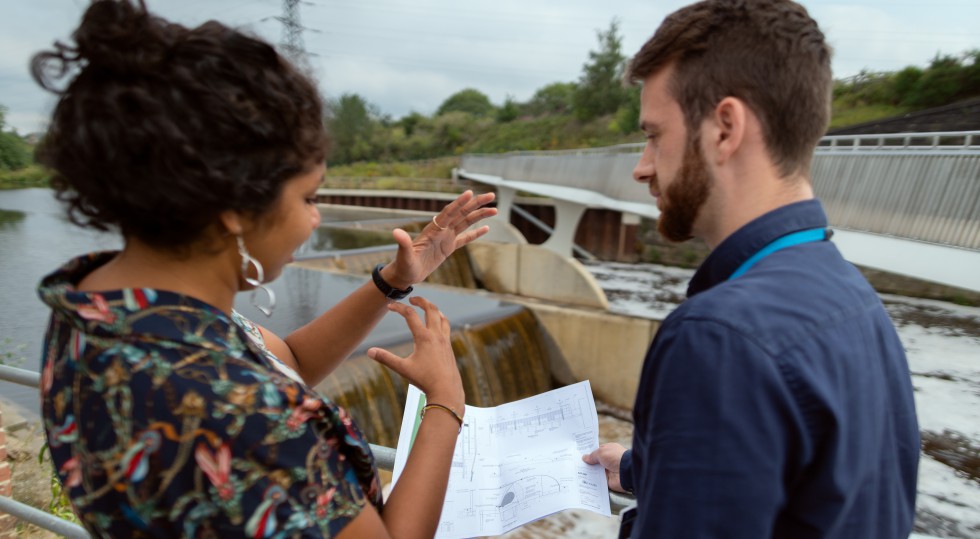
Photo credits: Unsplash
On March 10, UNU-CRIS contributed to the Private Roundtable discussion Challenges Women Face in the Water Space. This event was organised by the Center for Strategic and International Studies(CSIS), Washington, DC.
The discourse focused on steps that should be taken to address some of the challenges faced by women in the water sector. Particularly, it included discussions on access to WASH (drinking water, sanitation, and hygiene) and how addressing these challenges can impact economic growth for women. Additionally, its put the spotlight on the role multilateral agencies and other development donors could play to mitigating these challenges, in setting properties and channeling resources.
The discussion moderated by CSIS allowed the invited participants and agency representatives to share their experience and insights. The intervention from UNU-CRIS' Nidhi Nagabhatla highlighted the need for states and regions to collect and organise gender-disaggregated data if they want to effectively fulfill the commitments underlined in SDG5 and SDG 6. The insights also highlighted that the water-gender nexus cannot discount the aspects of health (SDG3).
In addition, emphasising the contribution of UNU-CRIS to strategic initiatives by UNESCO World Water Assessment Programme ‘Taking stock of progress towards gender equality in the water domain: where do we stand 25 years after the Beijing Declaration? Nagabhatla underlined that gender equality in the water domain is clearly off track and reiterated the need to support the ‘A Call for Action’ towards Accelerating Gender Equality in the Water Sector. The intervention also drew attention to the Water and Gender Methodology, Indicators and Toolkit that provides a global standard for gender-responsive water assessment, monitoring and reporting and is a core aspect in stock taking and acceleration process to gender response programming.

